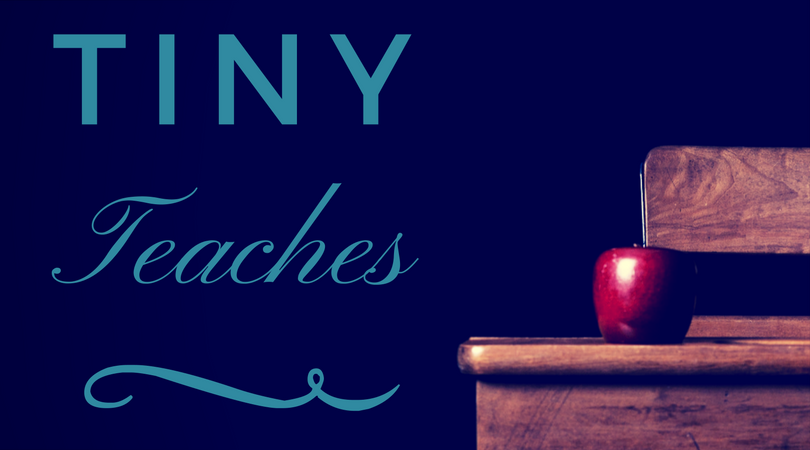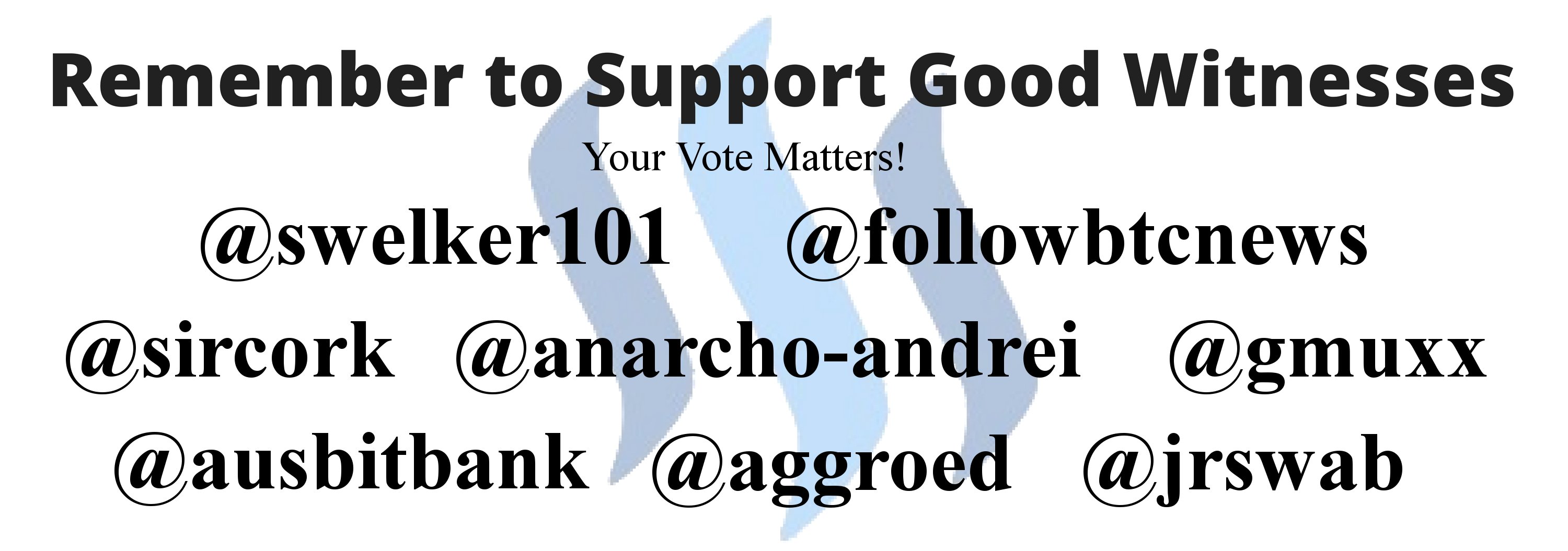Adverbs are an easy way of describing something. But like dialogue tags, they suffer from overuse. You could compare adverbs to nutmeg--best used in moderation. Extreme moderation.

Let’s Have a Closer Look
First of all. I had to look up what an adverb is. Wait, no. That came out wrong. I know what an adverb is in Dutch. But I can’t really edit an English writer and say, “Hmmm. Not a fan of that bijwoord over there.”
I imagine some other ESL writers might have a similar problem so let’s first look at the definition of an adverb. It’s basically a word that modifies anything other than a noun. It can modify a verb, an adjective or another adverb.
She walked quickly.
The adverb quickly applies to the verb to walk.
He made a remarkably observant comment.
The adverb remarkably applies to the adjective observant.
He spoke frustratingly slowly.
The adverb frustratingly applies to the second adverb slowly.
The Hunt for Adverbs
If you’re having trouble identifying an adverb, try to look for the words that end with -ly. Most of those are adverbs, but there are other adverbs without that ending, such as very or just.
Another way to look for them is by analysing your sentence. Look at the verb. Does it stand alone or do you have a word that helps define the verb?
Look at the other words. Which of the words in your sentence have “sidekicks” and do they really need them? Maybe you could replace the word with a better “superhero” that doesn’t need a sidekick?
Burn Them with Fire
Now that we’ve affirmed that adverbs are what they are, let’s talk about why we don’t like them. I see you all rolling your eyes. Here she comes with another thing she doesn’t want us to do. By the time she’s done, there will be nothing left we’re actually allowed to use.
Listen to someone who isn’t me, and who said this long before I thought about writing:
Adverbs are the tool of the lazy writer.
Mark Twain said that. I could kiss him. For that alone.
Why exactly are adverbs such a problem? Because the use of an adverb is a way to tell your reader what happens. Let’s look at that more closely.
He walked slowly down the street.
He sauntered down the street.
Which of these sentences feels more like telling? Which of the sentences gives you, as a reader, the stronger image? Is the first one easier to do? Definitely. The second is making me think about how my character looks as he walks down the street. But which one gives me a better result?
But, Tiny, what if we need to modify a verb?
If you pick the right verb, you won’t have to modify it. Can I refer to my example? Walking can be done in many ways. Slowly, quickly. Sort of random or with a purpose. You can saunter, amble, march or stroll. If you choose a verb that already tells your reader more about what happens, you don’t need that adverb that Mr. Twain and I don’t like.
And you know what? A powerful verb that can stand on its own without the crutch of an adverb to lend it meaning will often provide your reader with a much more vivid image.
Let’s Not Start a Witch Hunt
Let’s make one thing clear: I’m not going to outlaw all use of adverbs. But like everything, I’ll ask you whether you truly need it. And be honest with yourself when answering that one.
I have a draft sitting in my Google drive with a certain adverb in it. It has been poking my eye out for over a month now and I suspect I may have to live with it. I can’t find a way around it.
She raised her eyelids so slowly it would be hard to see the movement.
I cannot find a strong verb that gives me that description. If you know one, please share it with me.
As always, dear reader, I hope this post helps you as much as it has helped me. Again, forcing me to think about something hard enough to fill up a post has been an eye opener. If Mark Twain and I have helped even one of you think twice about the adverbs you use in your prose, our work has not been in vain.
Hugs
Tiny
For the other articles on writing I’ve posted unter the TinyTeaches tag, visit my non-fiction Steemshelf
If you would like to read more of my work, feel free to have a look around on my off-Steem blog page by clicking the banner. My library there contains all of the pieces I’ve written since starting my blockchain adventure.

The Writer’s Block is a home to writers from every corner of the world, and from every discipline that involves the written word. I consider myself lucky to have found this amazing community. Not only have I found help, support and encouragement there, but I’ve found people who feel the same way I do about writing. I’ve found a second family there. Do you write? Would you love to be a part of a community that can help you learn and improve your writing skill? Our door is always open for kindred spirits. Come and pay us a visit by pointing your pointy thingie at the animation below and clicking.


.gif)
